Being deaf isn’t easy. No matter how good your lipreading or sign language is, group conversations will remain a struggle. The app Ava looks like a pretty cool solution. It serves as a personal captioner, allowing a deaf person to be part of the conversation. Ava, which is short for ‘audio-visual assistant’ is developed by an American startup with a Dutch founder. The startup is preparing for a public launch next month.
Part of the conversation
By using Ava, the deaf person is constantly up to date about who says what in a group, allowing him or her to actively take part. Ava does this by picking up the voices, transcribing them on the device of the deaf person and delivering them in a slick, messaging-style interface.
Who says what?
Ava employs a clever trick to accurately discern different voices, even in a noisy environment like a pub. For the best result all conversation partners have the app downloaded and active on their smartphone. Ava connects them and uses all active smartphones, to determine who is speaking at any given moment. For the text-to-speech transformation, Ava relies on an active internet connection of the smartphones and it is primarily optimized for English, but other languages ‘might’ work.
Millions of potential customers
Ava is the first app of its kind. There are several other apps for hearing impaired that promise speech-to-text for groups. Current alternatives offer the transcription of phone calls, or the transcription of a one-on-one conversation. Ava lets a deaf person be part of a group. According to the company, there are currently 360 million people in the world that have trouble hearing with 1,5 million of them in The Netherlands. All of them are considered potential users by Ava.
French and Dutch roots
Ava was founded by the French Thibault Duchemin. together with Dutch Pieter Doevendans in 2013 in Berkeley, California. Thibalt grew up in France with a deaf sister and deaf parents and was looking for a way to bridge the communication gaps he experienced during his life. At UC Berkeley, he met civil engineer Doevendans who was quickly sold on the idea. With the addition of developer Skinner Cheng, born deaf, the founding team was complete.
Funding and prize money
The company got its first funding in 2014 through IndieGogo, where their campaign resulted in more than $45.000 funding. In the summer of 2015 they closed a round of seed investment. The size of the funding is undisclosed, but among the investors are top tier VC’s and angels from Silicon Valley, who invested in companies like Tesla, AirBnB, and Skype. Last month the startup won the Philips Innovation Award for student-entrepeneurs, securing another €50.000 in prize money (picture above).
Looking for Dutch testers
The app is available for iOS and Android but is currently still in a closed beta. The startup is planning to go public next month. The app will then be launched in the USA. The Netherlands is next on the roadmap. They’re still looking for Dutch beta-testers, sign up through the website.



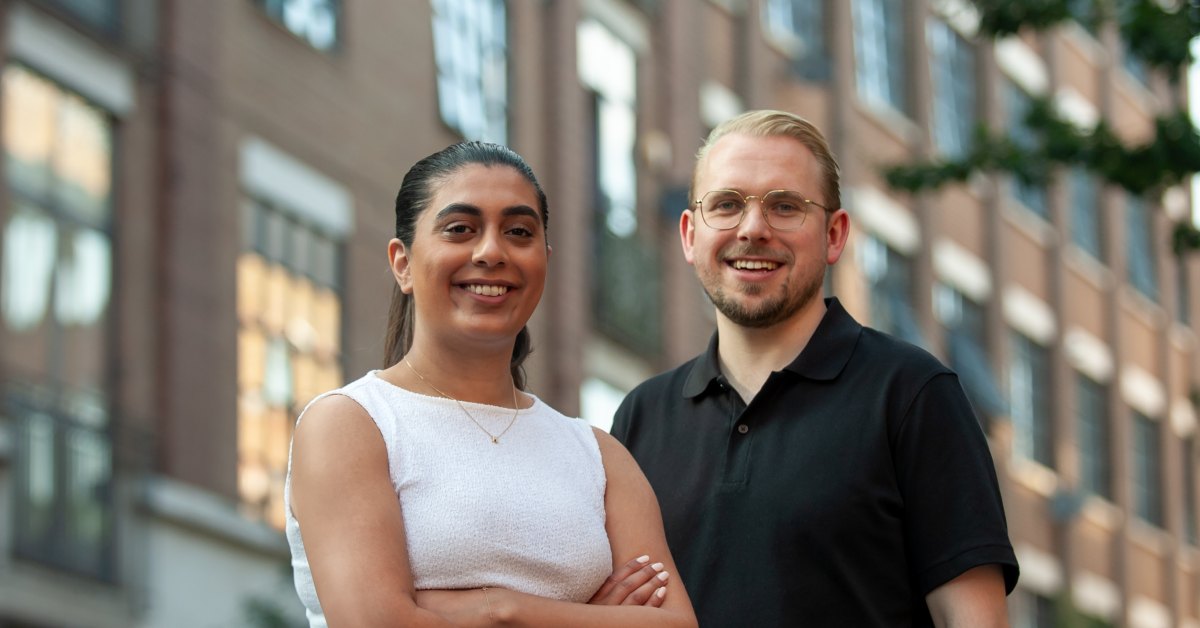
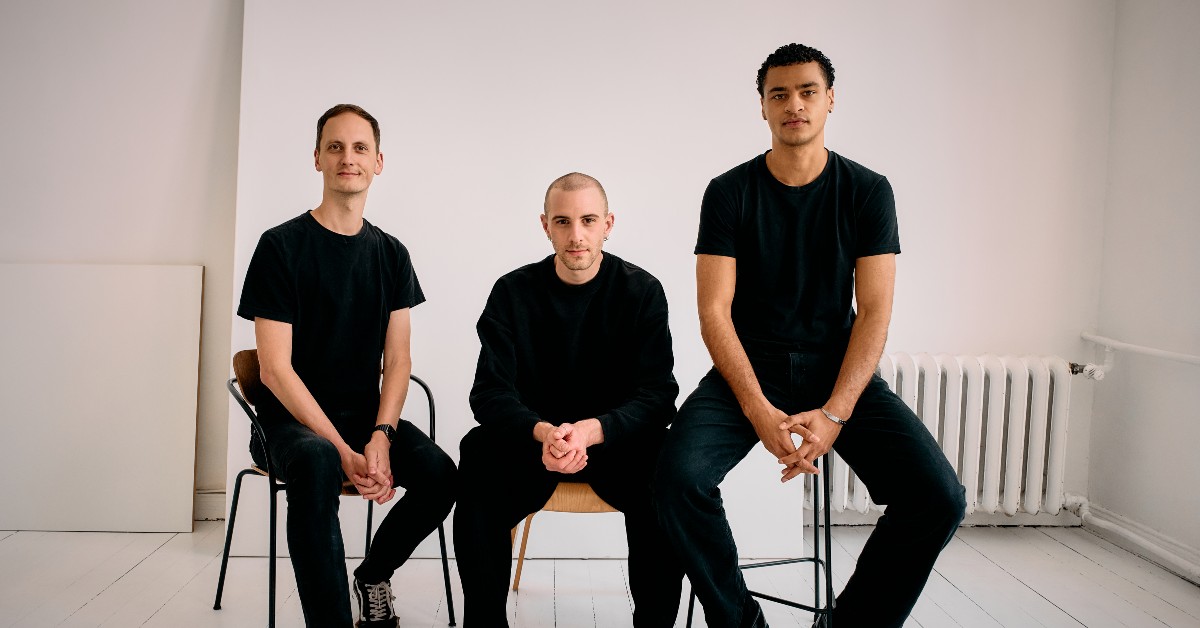
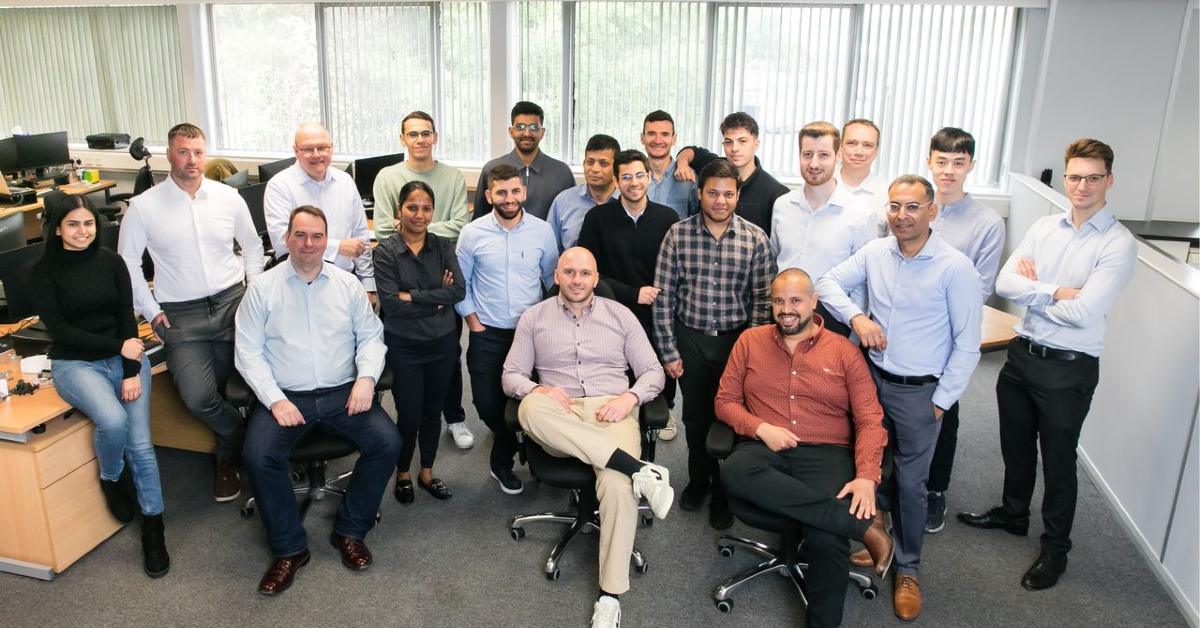
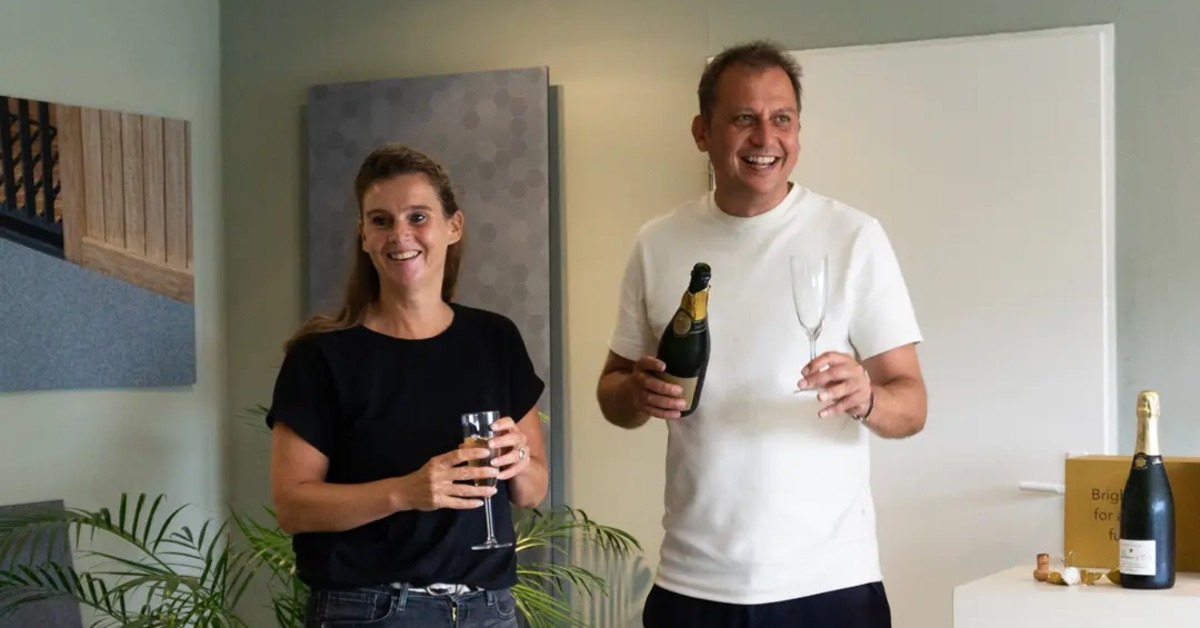

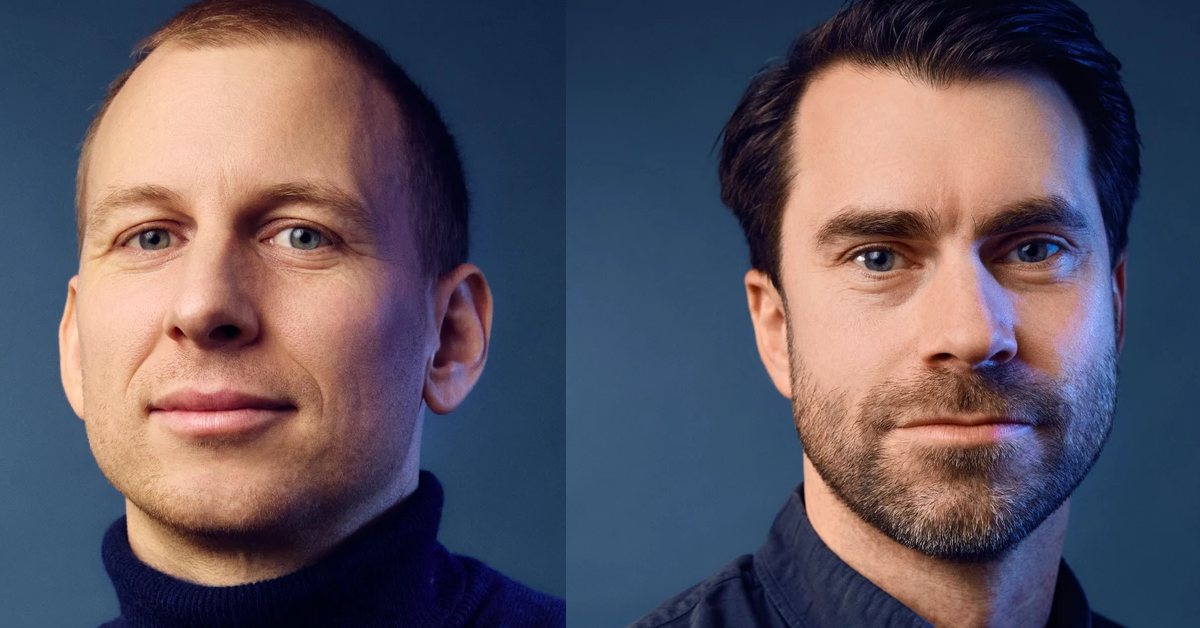

01
From telecom veteran to Dutch Startup Visa success: The Jignesh Dave story